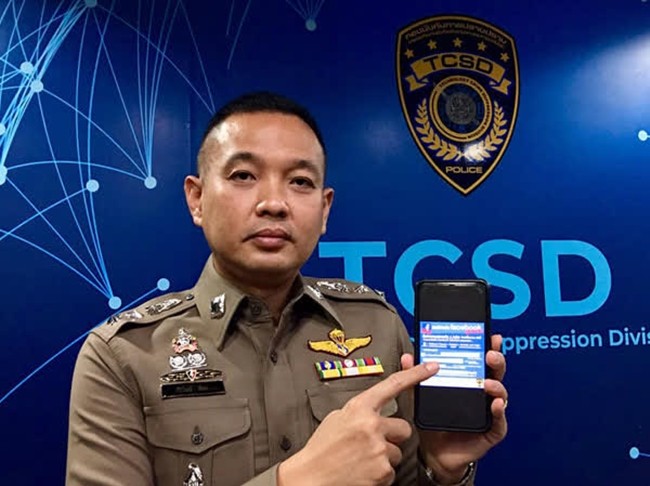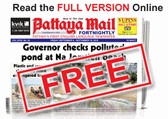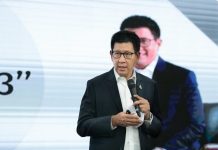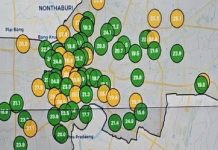
The Royal Thai Police’s Technology Crime Suppression Division (TCSD) has assured that a regulation requiring coffee shop owners to store the data of customers using their Wi-Fi connections is in line with the law and does not violate users’ privacy.
TCSD Deputy Commander Pol. Col. Siriwat Deepor said this regulation is not new because it has been enforced since 2007. The law does not require internet users to keep the traffic data, known as a log file, and they can still use the service as usual. Coffee shop owners, however, have to retain a log file of their customers’ browsing data. Authorities can use this information to help their investigations and track down offenders. The regulation does not violate users’ privacy, adding that other countries have implemented similar security measures.
Digital Economy and Society Minister Buddhipongse Punnakanta said the Anti-Fake News Center will be launched on November 1 this year. The center will deal with misleading news and information on social media. People can file reports to the center and the information will be forwarded to relevant agencies. The center employs an artificial intelligence (AI) system that can detect fake news and a warning system to alert social media users promptly.
“It’s about developing a platform or a channel for us to communicate with the people, such as Facebook, Line or other applications. We have to be quick to explain to the public why the information is considered fake news. These three procedures are almost complete. As I said, it will begin on November 1. We will monitor the news and information. It’s mostly about how the news is being presented to the people. It’s not about tracking down people and conducting an investigation. They’re different issues.”
The news monitoring criteria will cover four groups. The first group is disasters, such as fake news about floods, earthquakes, collapsing dams and tsunamis. The other groups include finance and banking, health, counterfeit and hazardous products and political issues that are considered a threat to national security. Representatives from all government agencies are ready to provide information and support to the Anti-Fake News Center around the clock.
 |
 |
 |





